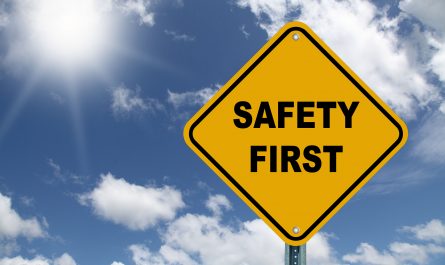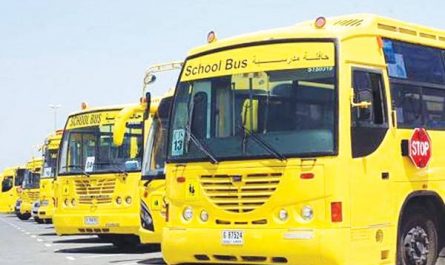Conforming to Speed Limits is always a good idea to maintain the safety and security of yourself as well as others. Besides, in the UAE, you will find yourself always aiming to comply with all the traffic rules due to heavy fines and robust implementation of rules and regulations that are utilized to prevent any said violations.
In the UAE, it is not just important to not drive too fast or break the speed limit, but also not driving too slow. Inappropriate speed is somewhat a significant concept for the Abu Dhabi police as this is what leads to some of the major accidents in the area. Different roads and places have distinguished speeding limits and these can be easily identified through signs on the side of roads almost everywhere. It is, however, very important to identify and emphasize the significance of the various speeding limits, and what happens if you violate them if you are driving or motoring in the UAE.
Speed Limits in the UAE
- The maximum speed limit is 25km/h whether you are in a parking area or on a service lane.
- The speed limit is 40km/h if you are on a city road with a single lane open for each direction – officially referred to as an urban single carriageway.
- The speed limit is 60km/h or 80km/h if you are on a city road with separate lanes in either direction – an urban dual carriageway.
- The maximum speed limit is 100 km/h in the inner areas of the UAE when you are traveling on rural roads.
- The maximum speed limit for light vehicles will range from 100-140km/h on highways.
If you see a sign which tells you otherwise, always make sure that you obey these limits.
Also Check:- Speed limiter in Dubai
What happens when you Violate these Limits
The traffic police departments in the UAE have established a certain measure called a radar to minimize the number of traffic rule violations. A radar is set up at each road and scans the different vehicles moving through. There are numerous types of radars providing various features to properly capture the act of any violations on the roads.
Most Emirates allow drivers to go 20km/h over the speed limit without being penalized, except Abu Dhabi, which announced in 2018 that it would abolish the buffer.
Therefore, if the speed limit is 100km/hr, the radar will not catch you up until 120km/hr. At the moment you reach 121km/hr, you will be heavily fined. A lot of people memorize where the radars are situated and reduce their speeds only at that moment. However, these radars are incapacitated to catch HD glimpses of such cars and find out if these cars have hit the brakes hard in front of a radar.
Once caught, the UAE governments have imposed heavy fines so that people try harder to maintain the traffic rules. The severity of the penalty is raised to discourage reckless driving, depending on how fast you’re driving. You will be fined Dh300 if found driving above 20km/hr over the speed limit and Dh600 if you are found driving 30km/h over the speed limit, and the fine is Dh700 for traveling over 40km/h. You would have to pay Dh1,000 to travel over 50km/h. Violations above this along with confiscation of the vehicle, bear even heavier fines and black points.
Final Words
The execution of certain measures in the UAE has led to a lot of prevention of accidents and violations of traffic rules. Certain cars have also started having speed limiters which do not allow them to travel faster than a certain speed. The police departments in the UAE keep working restlessly to make the roads safer and more secure for everyone!




